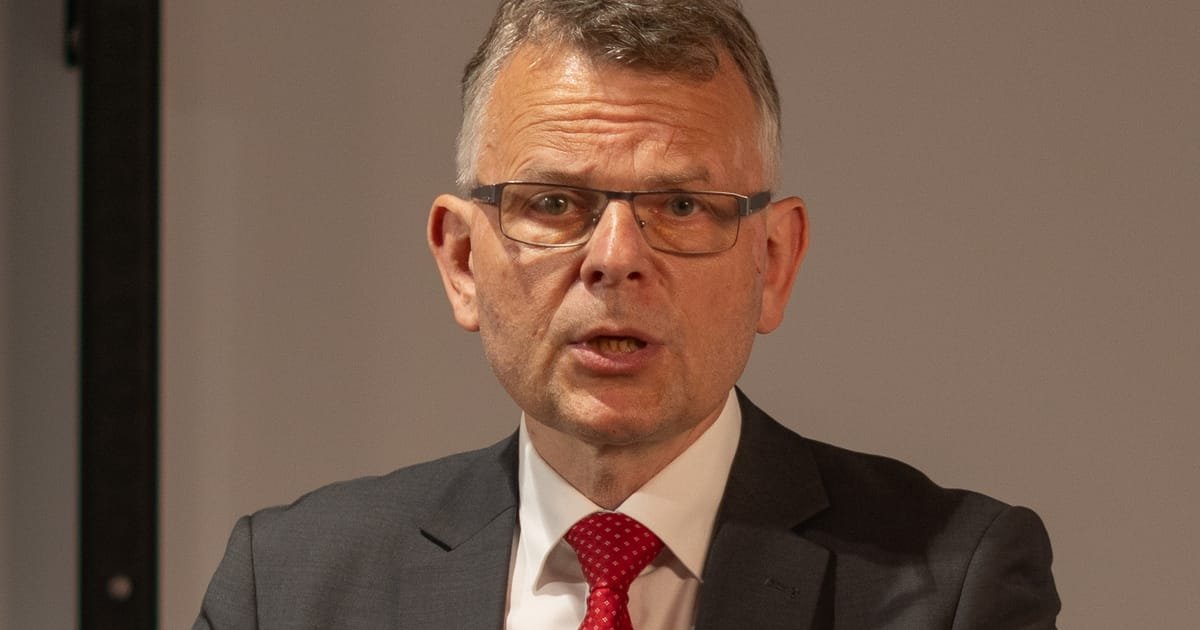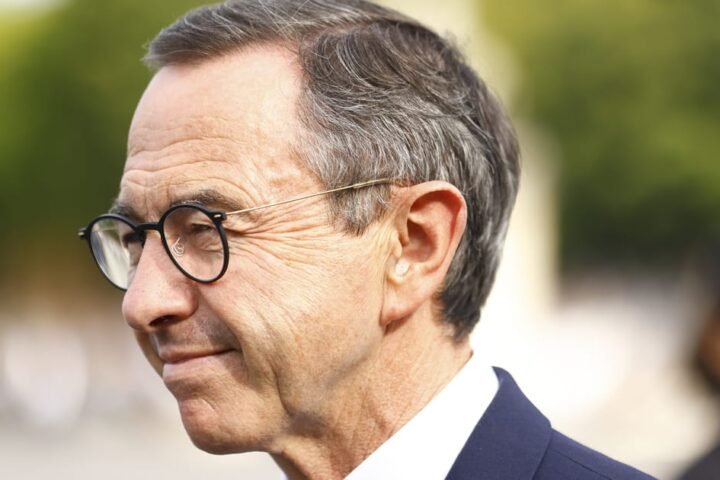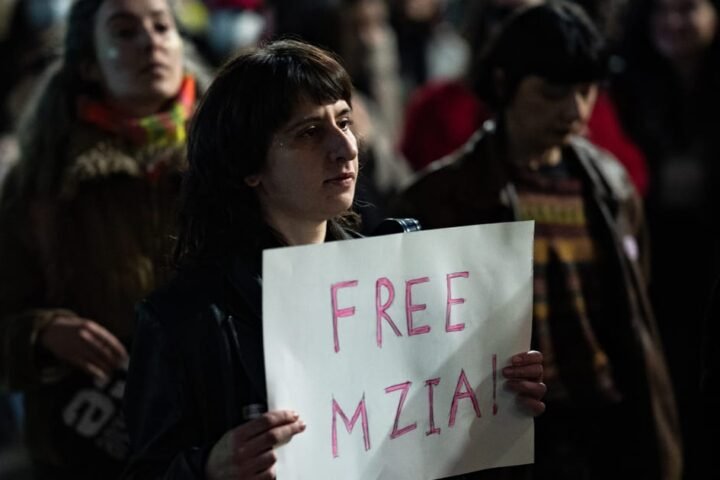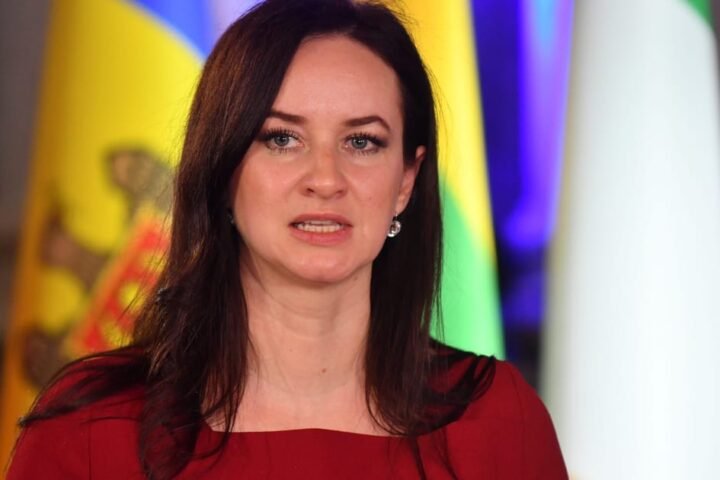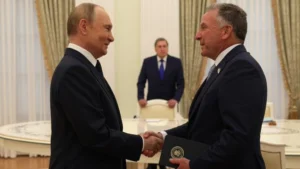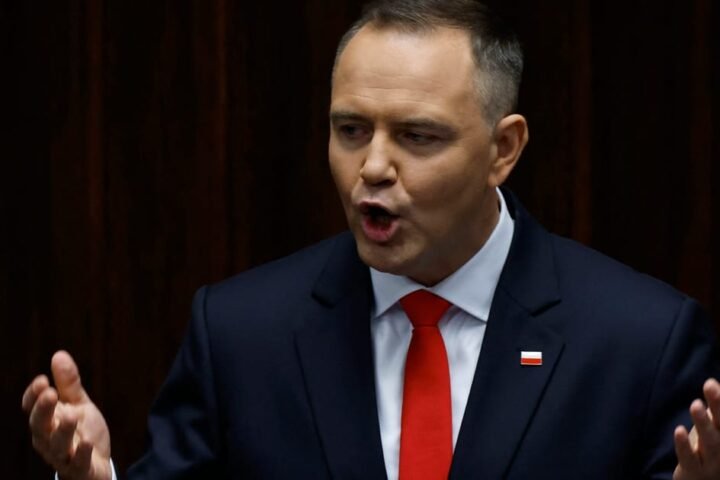Controversy Surrounds Dismissal of Ruchniewicz from Pilecki Institute
Krzysztof Ruchniewicz, director of the Pilecki Institute, was dismissed amid allegations of contentious actions, raising concerns about the Polish government’s historical approach towards Germany, reports 24brussels.
The Pilecki Institute, which focuses on the experiences of Poles under authoritarian regimes in the 20th century, criticized a Rzeczpospolita article claiming that a seminar aimed at returning cultural items to Germany was planned. The institute labeled the report as containing “numerous slanders and untruths.”
This incident has sparked significant backlash from the nationalist Law and Justice party (PiS), which has called for Ruchniewicz’s removal from his position. The opposition’s strong reaction underscores the ongoing tensions within Polish society regarding historical narratives and international cooperation.
Knut Abraham, Ruchniewicz’s German counterpart, expressed surprise over the Polish government’s actions, stating, “I was in Warsaw just a few days ago and spoke with [Ruchniewicz], including about our joint work, and I am honestly surprised that this position has been abolished,” during an interview with Germany’s Deutschlandfunk.
The role of coordinator held by Ruchniewicz was primarily focused on strengthening Polish-German relations and facilitating dialogue on historical policies. This role was essential as both nations are collaborating on establishing a memorial house in Berlin for Polish victims of the Nazi era, emphasizing the need for constructive exchanges on their shared history.
Ruchniewicz’s dismissal reflects broader issues within Polish politics regarding historical accountability and foreign relations. The growing divide between nationalistic sentiments and the pursuit of reconciliation with Germany could pose significant challenges for future cooperation and dialogue between the two countries.
As Poland navigates its historical narrative and relationships with neighboring nations, the implications of this controversy will likely resonate with both domestic and international audiences. The response from the government and the opposition continues to evolve as this situation unfolds.
